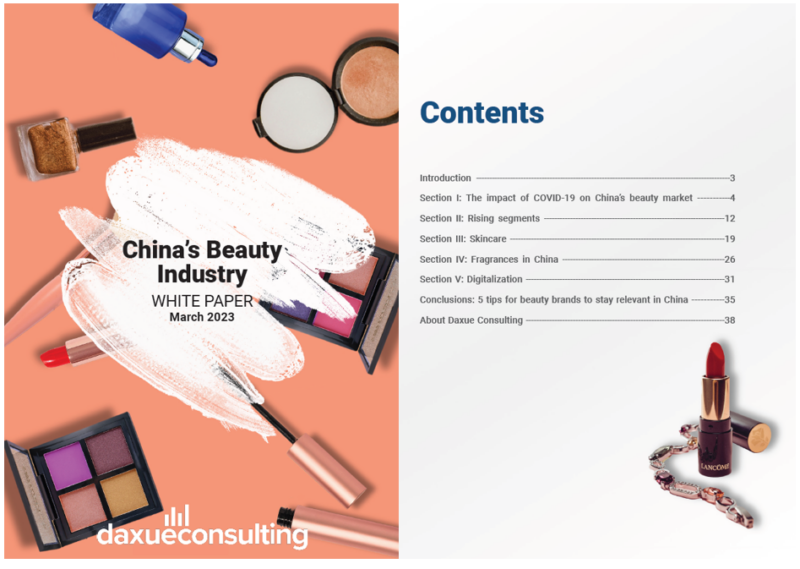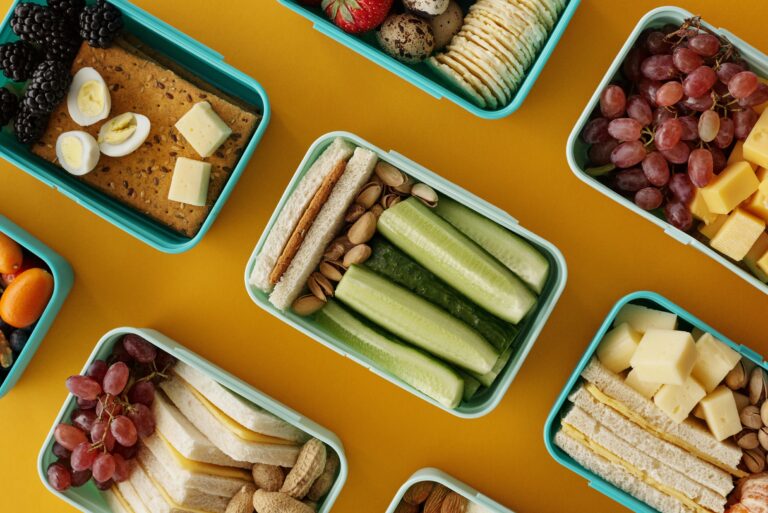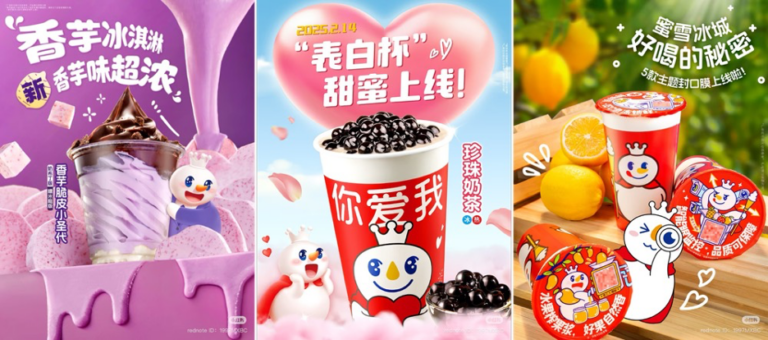In the wake of the pandemic, Chinese consumers’ growing focus on health and well-being has sparked a beauty food revolution, transforming the way people perceive skincare and nutrition. With a rising emphasis on wellness, the demand for functional food has surged, leading to the widespread popularity of beauty food in China. According to Euromonitor, China’s ingestible beauty market reached 23.8 billion RMB in 2022, and is expected to exceed 25.57 billion RMB in 2025, with a compound growth rate of 3.8%.
Fruit and vegetables are widely considered beauty food in China
In China, fruits and vegetables are considered to be beauty food due to their delicious taste and rich vitamin content. As a result, the online market for dried fruit preserves has experienced rapid growth in recent years. Among the most popular subcategories, dried mango stands out, having sold over 100 million units. Another popular product is canned yellow peach, which ranked first on Tmall during the Double 12 event in 2022, with 7.4 million searches and a remarkable 245% rise in transaction volume compared to the previous year.
Growing demand for beauty ingredients in snacks and beverages
Moreover, Chinese consumers also show a preference for food and beverages that contain beauty ingredients, including vitamins. According to MarketIDX report, sales of such beauty snacks on Tmall and Taobao platforms reached 1.4 billion RMB in the first half of 2022, a 22.26% increase over the same period the previous year. The market for beauty snacks has been experiencing consistent growth and expansion, leading to the emergence of new health brands like Minayo.
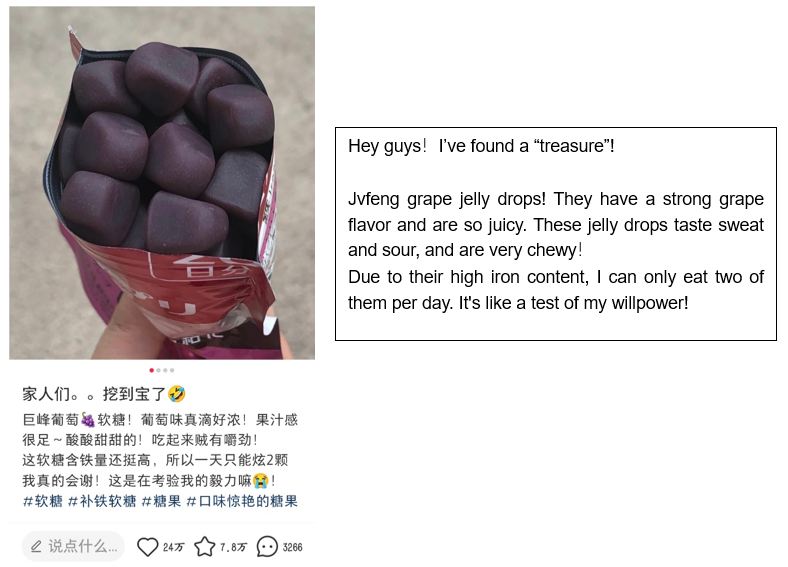
Based on sales data from Tmall, female consumers prefer beauty food containing probiotics, chia seeds, and collagen. To cater to this demand, food & beverage companies have launched new products that include these beauty ingredients. For example, HEYTEA launched a new kind of beverage called Lvyan light milk tea in 2021, which contains collagen peptide and sodium hyaluronate. This beverage boasts a protein level 3.6 times higher than that of regular milk tea, making it attractive to consumers who want to supplement their protein intake. As a result, the product has gained popularity on Taobao, with monthly sales exceeding 10,000 units.
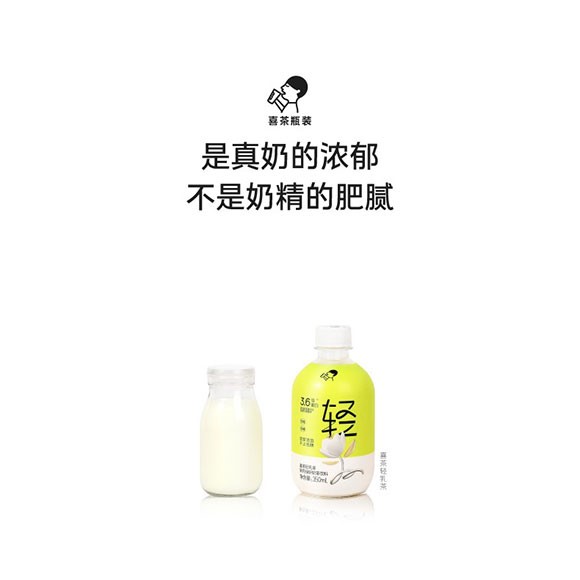
Chinese functional food brands establish partnerships with celebrities and KOLs
Many Chinese beauty food brands rely on Key Opinion Leaders (KOLs) to promote their products to consumers. KOLs are spokespersons, brand ambassadors, or thought leaders who have strong authority and sometimes professional backgrounds in a specific industry. For example, BYHEALTH, a famous beauty food brand in China, announced the launch of a new product called YEP, which contains GAGs (glycosaminoglycan) collagen peptide on April 21st, 2023. Furthermore, as a special guest, the 2013 Nobel Prize laureate in Biology and Medicine, Randy Schekman, attended the meeting virtually and shared his insights on the future of beauty food. He emphasized the importance of GAGs as key components that support the integrity of skin structure. Mr. Schekman praised YEP as an innovative product, with the potential to support skin health if consumed regularly. As of May 5, 2023, the topic related with YEP product has been viewed over 180 million times on Weibo, attracting a lot of attention from netizens.
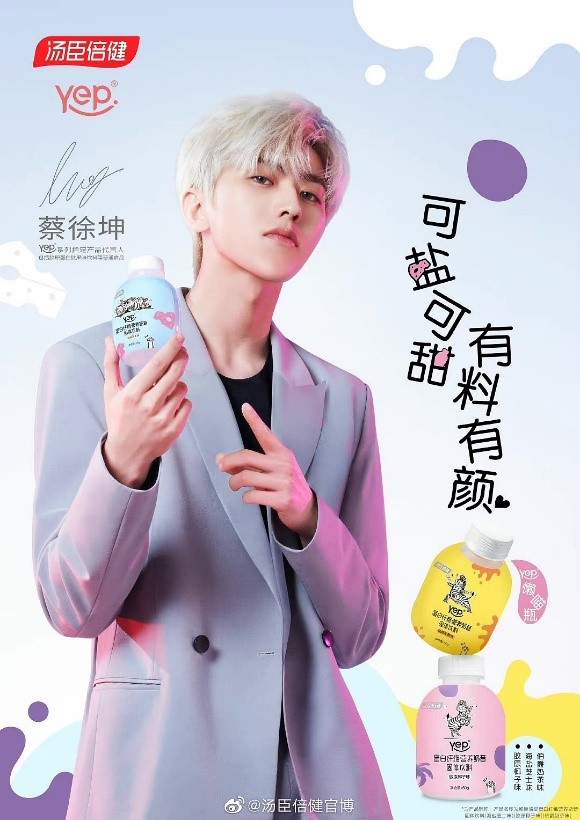
Controversy surrounds ingestible beauty in China due to safety concerns
The safety of beauty products in China has long been a subject of concern due to various disputes related to false advertising, harmful substances or ingredients, importation from restricted regions, inadequate labeling, and insufficient inspection and quarantine measures. However, recent clinical trials have demonstrated the potential benefits of beauty food such as oral hyaluronic acid products. “But the pathway through which hyaluronic acid in food passes after encountering different digestive enzymes remains an unresolved issue in the medical field.” said by Dong Yuxi, a licensed dermatologist at Zhuozheng Medical Center.
Beauty food no longer just target female consumers
According to Ipsos’ research related with 2021 Little Red Book beauty food efficacy search terms, female consumers have shown a strong demand for beauty food that addresses their needs for whitening, antioxidant properties, and moisturization. However, while many beauty food on the market mainly target female consumers, the male beauty market in China is experiencing rapid growth and should not be overlooked. Ipsos’ 2021 men’s skin care market insight reveals that men’s skincare awareness has widely increased in first-tier cities, with Gen Z emerging as the dominant force in the men’s skincare and beauty sector. Therefore, male consumers are also expressing a growing interest in for beauty food, and displaying a greater willingness to invest in them. In contrast to female consumers, male shoppers exhibit a heightened focus on detoxification, hydration, gastrointestinal adjustment, and hair loss prevention.
What can we learn about beauty food in China?
- After the pandemic, Chinese people’s health awareness has increased, and as a result, beauty food is becoming increasingly popular in China.
- Fruits and vegetables are widely recognized as nutritious and beneficial for beauty. Similarly, food and beverages infused with beauty-enhancing ingredients like vitamins, chia seeds, and collagen have gained significant popularity.
- Many Chinese beauty food brands rely on KOL marketing to attract consumers’ attention and achieve growth.
- Beauty food in China has raised some safety worries among consumers. However, current clinical trials have shown that beauty food like those containing hyaluronic acid are beneficial.
- In the future, beauty food will no longer be exclusive to female consumers. Male groups are also growing their desire for beauty food and are increasingly willing to spend money on them.
Author: Lyu Ai
Download our white paper on China’s beauty industry
